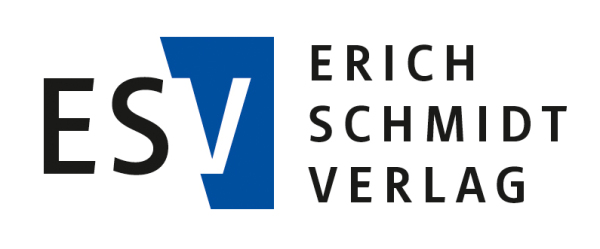
© Logo: UDE / ZIM, S. Badtke
Anglophone Studies and the Public: Past, Present and Future Debates and Interventions
Through research, teaching and transfer, Anglophone Studies contributes to understanding key current debates and their dynamics, online and offline, and to education in the subject of “English” as well as, more widely, to education addressing a variety of topics and values that are key to our societies, from sustainability to democracy.
In all these fields, it is not the sub-disciplines individually – literary and cultural studies, linguistics and English language education –, but our discipline as a whole that can have an impact.
Thus, one central goal of the new format and the topic of the Anglistiktag 2025 is to under-score the coherence of our discipline: Instead of neatly separating literary and cultural studies, linguistics and English language education from one another, we are explicitly calling for joint formats, panels, discussions and insights, from both contemporary and historical perspectives.
Keynote Prof. Sarah Dillon, University of Cambridge
From Reflexive Impotence to Reflexive Potency: Public Humanities as Viagra for English Studies
This keynote address will open by situating its argument in the UK context, which has seen precipitous drops in students doing A-level literature in the past five years or so, with a consequent impact on University recruitment, leading to departmental closures and job losses. As a result, it is not surprising that some people in English Studies in the UK appear to be in a state of what Mark Fisher calls reflexive impotence. He coins this term in Capitalist Realism (2009) to describe young people’s response to their times. It is the phenomenon that: ‘They know things are bad, but more than that, they know they can’t do anything about it. But that “knowledge” […] is not a passive observation of an already existing state of affairs. It is a self-fulfilling prophecy’ (Fisher 2009: 21). In contrast, this paper proposes that a public humanities (and the paper will explain what I understand that to be) offers a robust position to demonstrate that humanities scholarship matters, a position, to adapt Fisher’s phrase, of reflexive potency. The paper will have some fun playing with the rhetorical associations with male virility (or lack thereof), here. If reflexive impotence is a self-fulfilling prophecy of doom and gloom, of depression, denial or passivity, then a mindset and praxis of reflexive potency in relation to English Studies and its futures (a mindset and praxis that a public humanities cultivates) commits to a more positive self-fulfilling narrative of optimism, dynamism and action. It commits to English Studies as work that matters, within its own disciplines, in relation to other disciplines across the academy, to policymakers and public reasoning, and to all who wish to use and deploy the knowledge it produces. And this latter is crucial – English Studies matters because we produce knowledge, knowledge about the world that is useful to others in it. This epistemic argument for the value of our research sits alongside, but is different from, the practical argument in support of our teaching, which in the UK is based on the skills that studying our disciplines cultivates. The paper will present this new argument drawing on my work over the past five years or so on storylistening, both the book itself and related practical projects.












